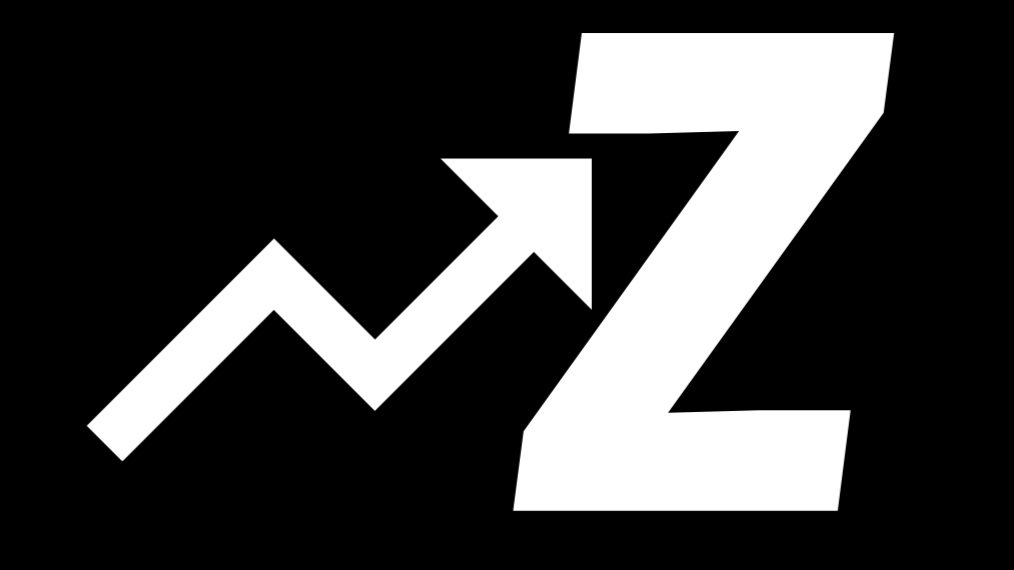Legal Twist: Supreme Court on January 6th Riot Charges
The U.S. Supreme Court has ruled that many January 6th Capitol rioters were improperly charged under a key law, leading to potential sentence reductions and dropped charges. This decision also impacts the legal strategy against former President Trump. Discover how this ruling reshapes the justice landscape for one of the most shocking events in recent history.
What Happened on January 6th
On January 6, 2021, a large group of people gathered in Washington, D.C., to protest the results of the 2020 presidential election. They believed the election was unfair and wanted Congress to change the outcome. During this protest, a significant number of individuals stormed the U.S. Capitol building, where Congress was meeting to count the electoral votes that would officially confirm the new president.
As the rioters broke into the Capitol, chaos ensued. They damaged property, fought with police officers, and forced lawmakers to evacuate. This event, widely referred to as the January 6th Capitol Riot, was a major incident that shocked the nation and the world.
The Supreme Court's Decision
Recently, the U.S. Supreme Court made a significant decision regarding the charges brought against some of the January 6th rioters. The court ruled that federal prosecutors had improperly charged certain defendants. Specifically, the Supreme Court said that the government had misused a key law meant to prosecute those who participated in the riot.
Understanding the Charges
The law in question had two parts. The first part makes it a crime to corruptly alter or destroy documents related to an official proceeding, like the congressional counting of electoral votes. The second part makes it a crime to obstruct or impede an official proceeding. Prosecutors used this law to charge over 350 of the most violent rioters.
However, the Supreme Court decided that the law only applies to actions involving the destruction or alteration of documents and not to a broader range of activities. This means that many of the charges brought against the rioters for obstructing the official proceeding were not valid under this law.
The Impact on January 6th Cases
Because of this decision, many cases related to the January 6th riot will need to be re-examined. Some defendants who were charged under this law might have their charges dropped, or their sentences reduced. This decision has already led to some convicted rioters being released from prison early.
The Bigger Picture
While this ruling may seem like a setback for prosecutors, it's important to understand its broader implications. The decision highlights the importance of using laws correctly and ensuring that charges are appropriate for the actions committed. For some of the rioters, other charges unrelated to the obstruction law still stand, meaning they will still face consequences for their actions.
The Case of Former President Trump
This ruling also has implications for the ongoing legal issues involving former President Donald Trump. Two of the four felony charges against him for allegedly trying to interfere with the 2020 election results are now in doubt because of this decision. However, the specific details of Trump's actions may still fall under the valid part of the law, so the full impact on his case is yet to be seen.
Conclusion
The Supreme Court's decision on the January 6th riot cases shows the complexity of the legal system and the importance of precise legal interpretations. It affects many individuals involved in the riot and has broader implications for ongoing political and legal battles. This ruling reminds us that laws must be applied correctly to ensure justice is fairly served.
